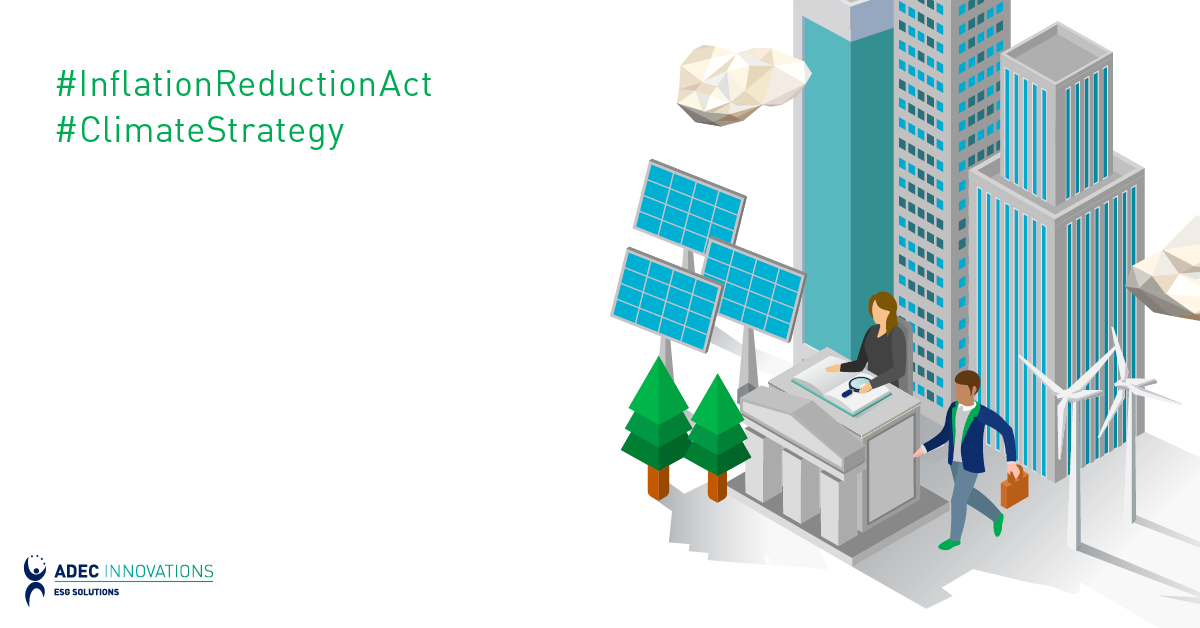Recent statistics from the U.S. Energy Information Administration show that total utility-scale solar additions in 2016 will be more than they were from 2013 to 2015 combined — leading some to predict that 2016 will be a record year for solar energy.
In addition, the Solar Energy Industries Association reported that the U.S. hit one million total solar installations earlier in 2016 and is set to reach three million by 2018. Between January and March of this year, 1,665 megawatts of solar power were installed, accounting for 64% of new electric generating capacity in the U.S.
However, the solar industry is not growing equally across the U.S. — some states lag behind and solar is still an underused resource in the country. Worse still, many of these states have high sunlight hours
– making them a huge wasted solar opportunity. Below we explore where some states could improve and why others are doing well.
States That Are Slow to Adopt Solar Energy
According to the Department of Energy’s National Renewable Energy Laboratory (NREL), some states lag behind in part because policymakers lack a clear understanding of how to scope and plan policies that will benefit their state’s solar market.
While sound solar policies can spur solar energy usage, they aren’t the only factors that can help or hurt a state. Each state has different priorities — some of which don’t include solar power — and is affected by numerous factors, like median household income, electricity prices, and community interest.
Texas Shirks Solar Power
The NREL reports that Texas and California have the highest urban solar energy potential in the U.S., and Texas accounts for 14% of the nation’s rural solar power potential. Unfortunately, Texas has installed only 566 megawatts of solar energy and is currently ranked ninth nationally.
In 1999, Texas’s Goal for Renewable Energy called for the installation of 5,000 megawatts of new renewable power by 2015. While the state met its goal, there was no requirement that any of those installations should come from solar energy. As a result, many developers focused on wind energy, transforming Texas into the number one state in the country utilizing wind energy.
Florida Politics Back Big Energy
Though Florida is the Sunshine State, solar energy can’t seem to break through. According to the Florida Center for Investigative Reporting, most of the state’s biggest utility companies have major investments in state political campaigns that oppose harnessing solar power.
Between 2010 and 2015, Florida utility companies poured $12 million into the campaigns of state lawmakers. Though some lawmakers have tried to promote solar energy, they are consistently shut down by members of the Senate and House who are backed by utility companies.
States That Promote Solar Power
Some states have achieved considerable success when it comes to solar energy and have proven that with the right legislation, solar energy can be a primary renewable energy source. Based on recent rankings, Massachusetts, New Jersey, and New York are tied for first place among solar-friendly states. There is no exact recipe for success, but these three states prove that combining forward-thinking solar power policy with strategic incentives can pay off.
For example, the Residential Renewable Energy Income Tax Credit in Massachusetts gives solar energy users a rebate of 15% on their state income tax for the total cost — including equipment purchase and installation — of their system, up to $1,000.
Along with these three top states, California is ranked first for total solar power capacity installed. As a pioneer in harnessing solar energy, the Golden State has installed more than 13,200 megawatts of solar energy, which is enough to power over 3.3 million homes.
How to Encourage Solar Adoption
The adoption of solar energy has had mixed levels of success in each state, largely due to legislation differences. However, by equipping yourself with information about the importance of solar power, you can help lobby for favorable solar energy policies and incentives in your state.
ADEC Innovations (ADEC) helps you navigate the energy landscape now and prepare for what lies ahead. For more information on energy management, read our blog article, The Road to 100% Renewable Energy.




